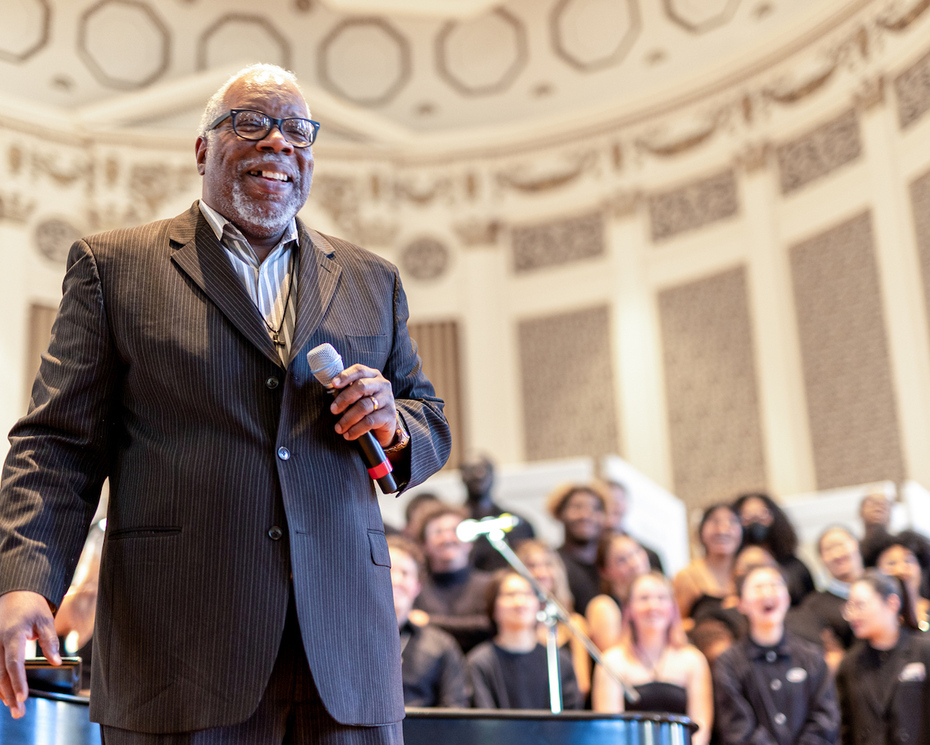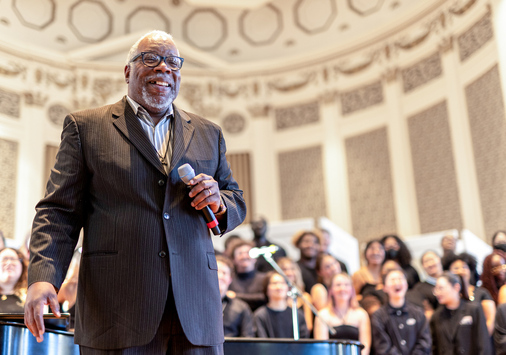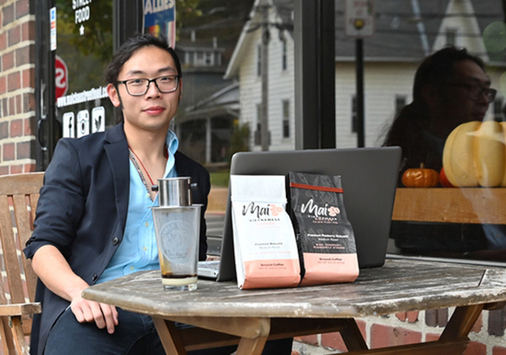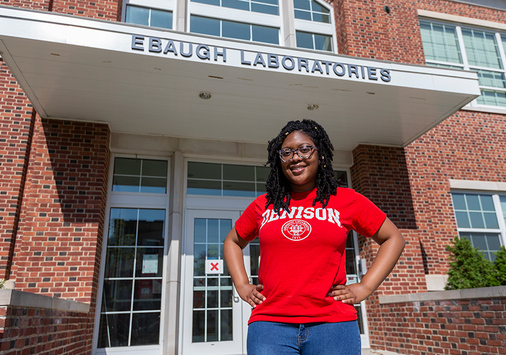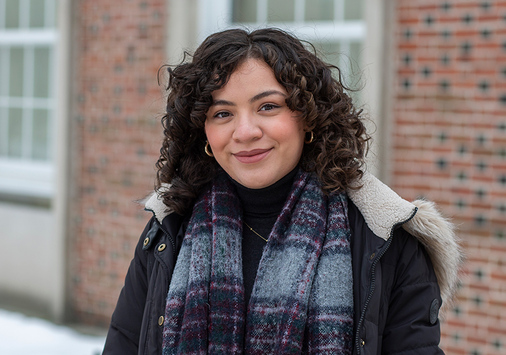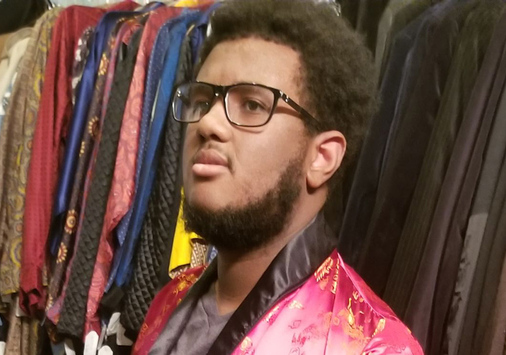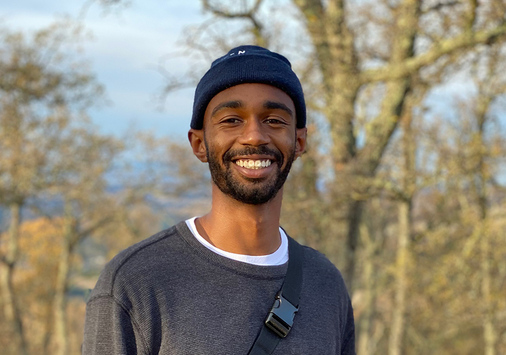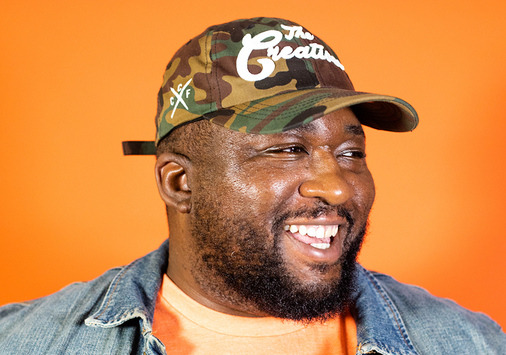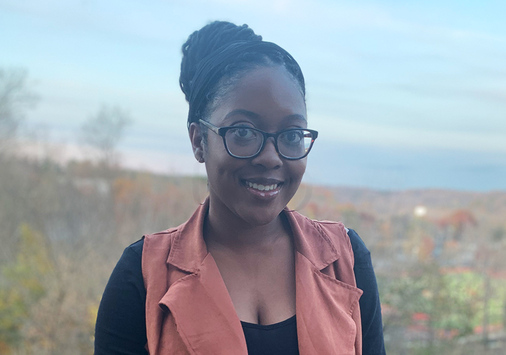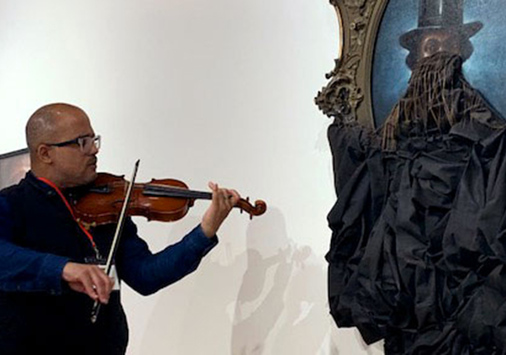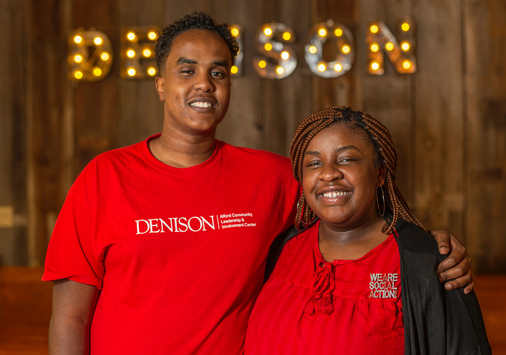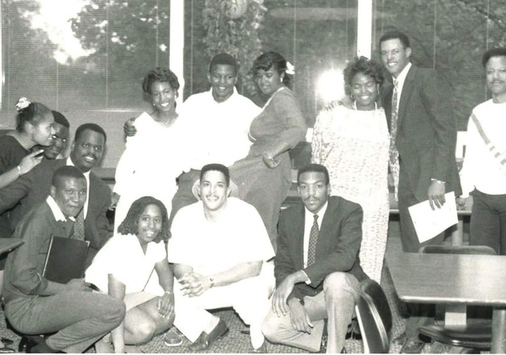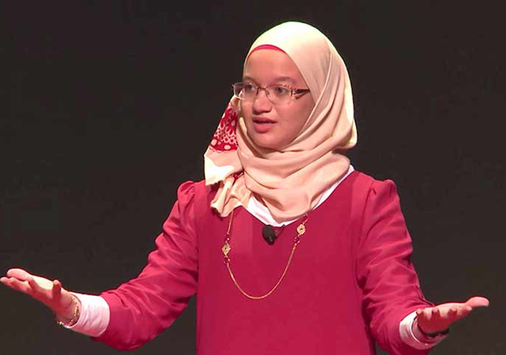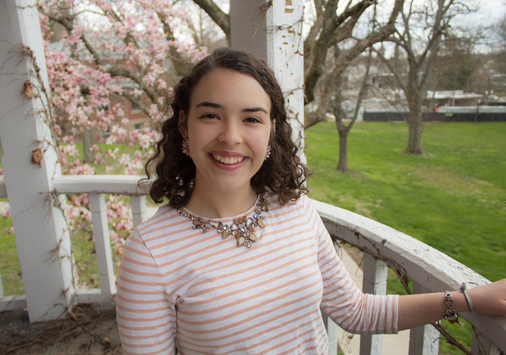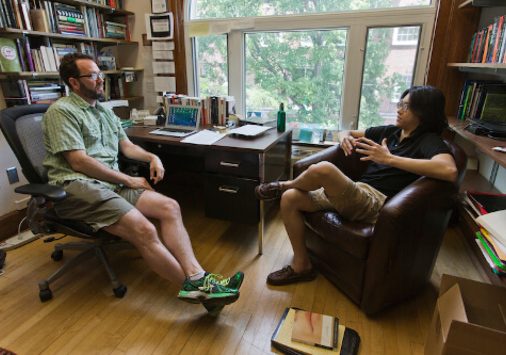Denison supports gender and sexuality initiatives that contribute to a healthy campus climate. The Safe Zone program is an LGTBQ+ directed initiative that is having a positive effect in the Denison community.
Safe Zone is a campus-wide program designed to educate students, faculty, and staff on lesbian, gay, bisexual, transgender, and queer (LGBTQ) identities and experiences. The Office of Gender and Sexuality has trained four new Safe Zone facilitators: Amy Elliot from the Denison Library, Jed Dioguardi in Biology, and Thea Smekens and Jordan Smoot in Residential Communities.
Over the past year and a half, The Office of Gender and Sexuality has trained a total of 515 Denisonans in the Safe Zone program. As of February of 2020, 277 students and 238 faculty and staff have participated in Safe Zone, but as demand increases, The Office of Gender and Sexuality is seeking faculty and staff facilitators to keep the program going.
Kim Creasap, director of the Office of Gender & Sexuality, says, “It’s exciting that people across campus are so eager to join us for Safe Zone, but it’s even more exciting that people use it as a springboard to make changes in their spheres of influence. I get calls and emails on a regular basis from faculty and staff with questions on how to improve interactions with students, change a process, or update a syllabus. In order to keep up this momentum, we need more facilitators.”
Monthly sign-ups for Safe Zone have remained steady over a two-year period, averaging 30 participants per session. Smeakens, an assistant director in Residential Communities, spoke of the importance of expanding Safe Zone and maximize facilitators, stating “more trainers could mean more students, staff, and faculty could be Safe Zone trained! It also means more allies on campus for students, staff, and faculty.”
When asked why more staff members should join the Safe Zone facilitator team, Smeakens said, “I think it speaks to an investment in and dedication to building an inclusive and welcoming campus community. As Denisonians, we’re responsible for creating an environment where everyone feels comfortable, safe, valued — and at home. This takes work and commitment from everyone, but I believe that faculty and staff play an important role in ensuring students can learn and grow in a truly safe environment.”
People who have Safe Zone training can be identified by a Safe Zone postcard on their doors. For members of Facilities Services a Safe Logo can be found on their I.D. cards. The postcard/symbol signifies that a person is knowledgeable about LGTBQ+ identities and experiences and is committed to creating an inclusive campus.
